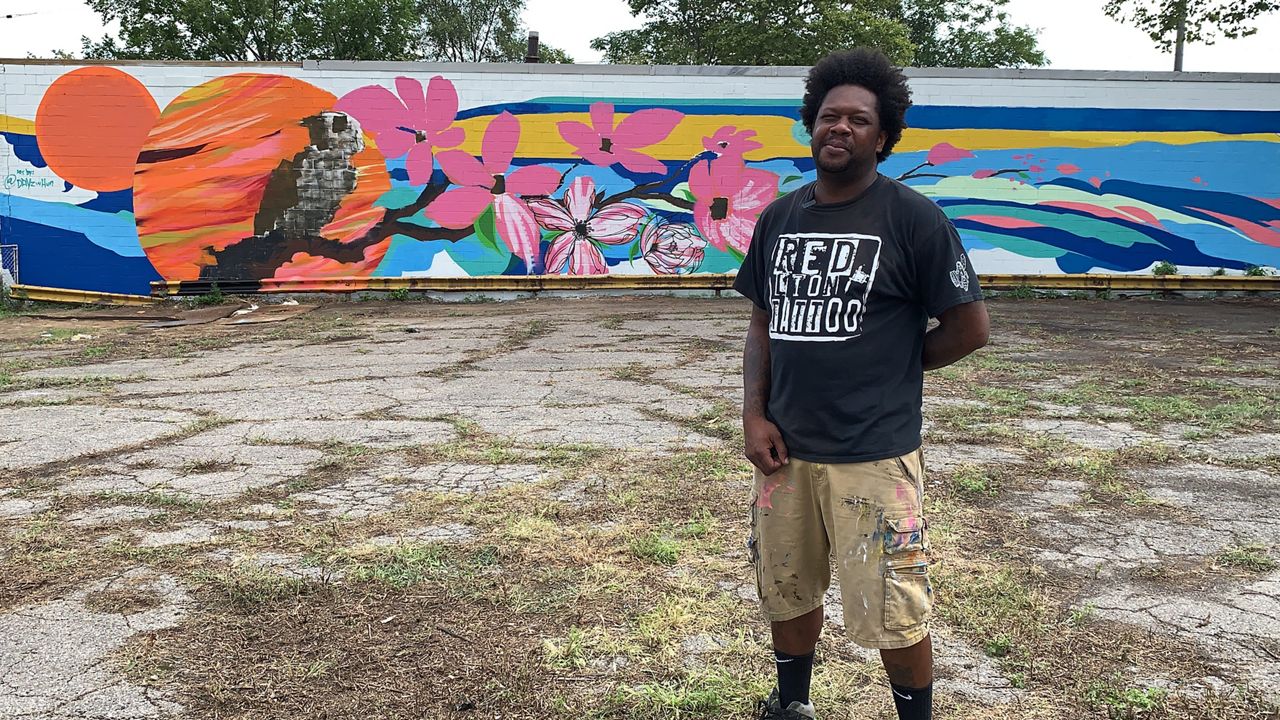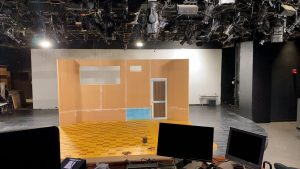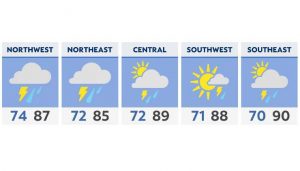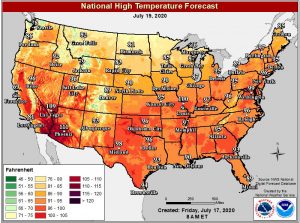The cop who fatally shot Ashli Babbitt as she attempted to unlawfully enter the U.S. Capitol during the Jan. 6 insurrection made his identity public for the first time on Thursday, saying in an interview with NBC News he fired the shot as a “last resort” as the crowd of former President Donald Trump’s supporters grew increasingly violent.
Lt. Michael Byrd has served as a U.S. Capitol Police officer for 28 years. The day spent defending the Capitol from scores of Trump supporters was a “terrifying experience,” he told NBC’s Lester Holt.
“It’s something that is frightening,” Byrd said of making his identity public over seven months after the insurrection. “I believe I showed the utmost courage on January sixth, and it’s time for me to do that now.”
Until Thursday, the Capitol Police, concerned for Byrd’s safety, had not released his name. The officer’s attorney, Mark Schamel, said his client has faced “many credible death threats” and other “horrific threats” and was forced from his home because of them.
“They talked about killing me, cutting off my head, you know, very vicious and cruel things,” Byrd said. “There were some racist attacks as well, that’s all disheartening because I knew I was doing my job.”
The interview comes less than a week after the U.S. Capitol Police announced the findings of their internal investigation into Byrd’s actions, saying he acted lawfully and in line with police department policy when he shot Babbitt. The department did not name the officer upon release of the report last Monday.
Babbitt, a 35-year-old Air Force veteran from San Diego, was shot by the police lieutenant when she tried to climb through a door with the glass smashed out as she and others in the mob pressed to get into the Speaker’s Lobby outside the House chamber. She was unarmed.
Prosecutors said Babbitt was part of the mob that was trying to get into the House as Capitol Police officers were evacuating members of Congress from the chamber. The officers used furniture to try to barricade the glass doors separating the hallway from the Speaker’s Lobby to try to stave off the rioters, who kept trying to break through those doors, smashing the glass with flagpoles, helmets and other objects.
At the same time, Babbitt tried climbing through one of the doors where the glass was broken out. Byrd, inside the Speaker’s Lobby, then fired a single round from his service weapon, striking Babbitt in the shoulder, prosecutors said.
Capitol Police said its office of professional responsibility – which handles such investigations – determined “the officer’s conduct was lawful and within Department policy.” Byrd will face no internal disciplinary action.
Byrd also addressed rumors that spread on right-wing websites, and perpetuated by Trump himself, that Byrd was a political actor who worked for a high-powered Democrat, which he is not.
“I do my job for Republican, for Democrat, for white, for Black, red, blue, green. I don’t care about your affiliation,” Byrd said, noting he had personally escorted the former president through the Capitol on a number of occasions.
Byrd added it was the first time he fired a service weapon in his nearly three decades on the force, and said his throat was sore for days after the insurrection for yelling at the participants to stand down.
The Associated Press contributed to this report.




